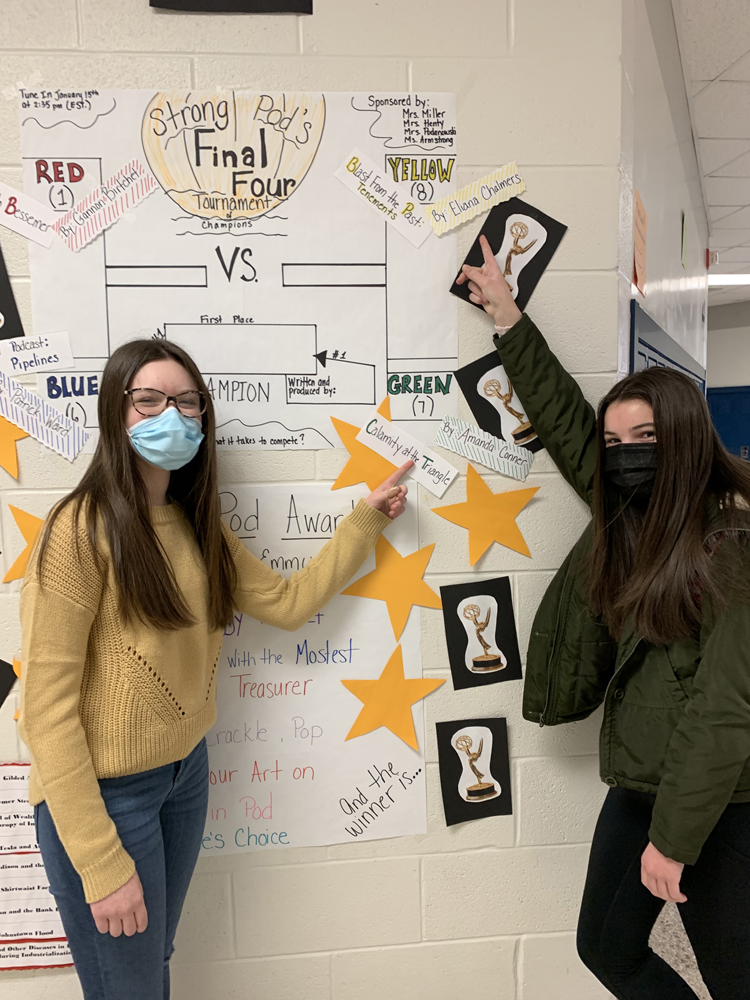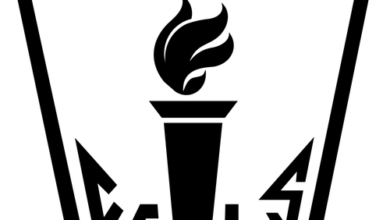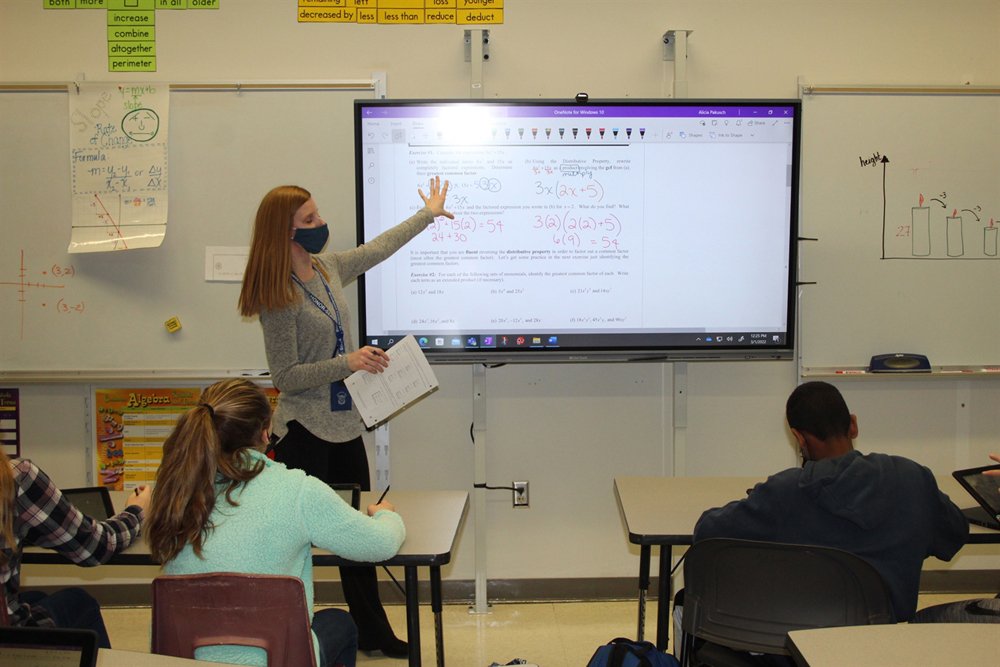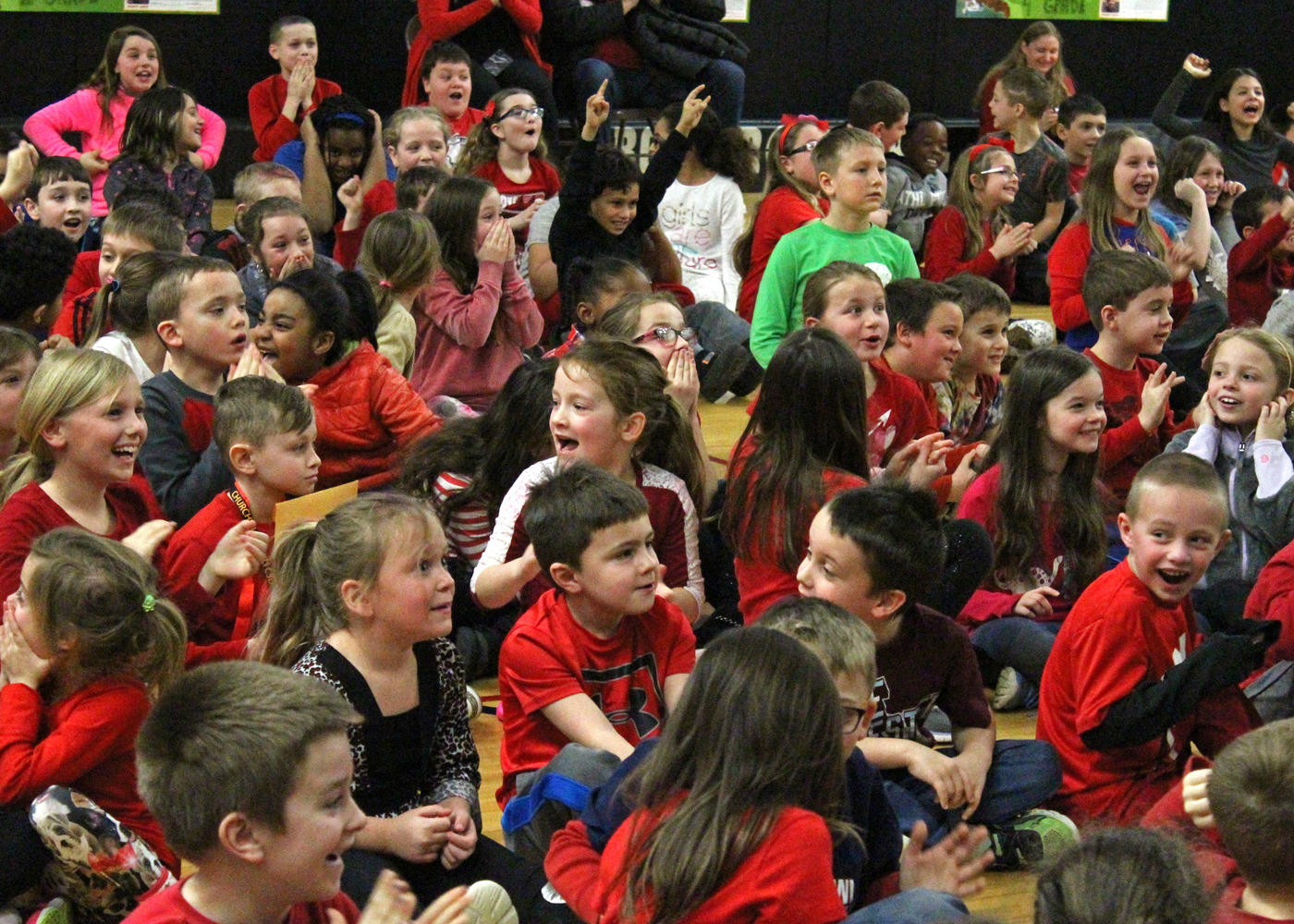History comes alive at Churchville-Chili Middle School
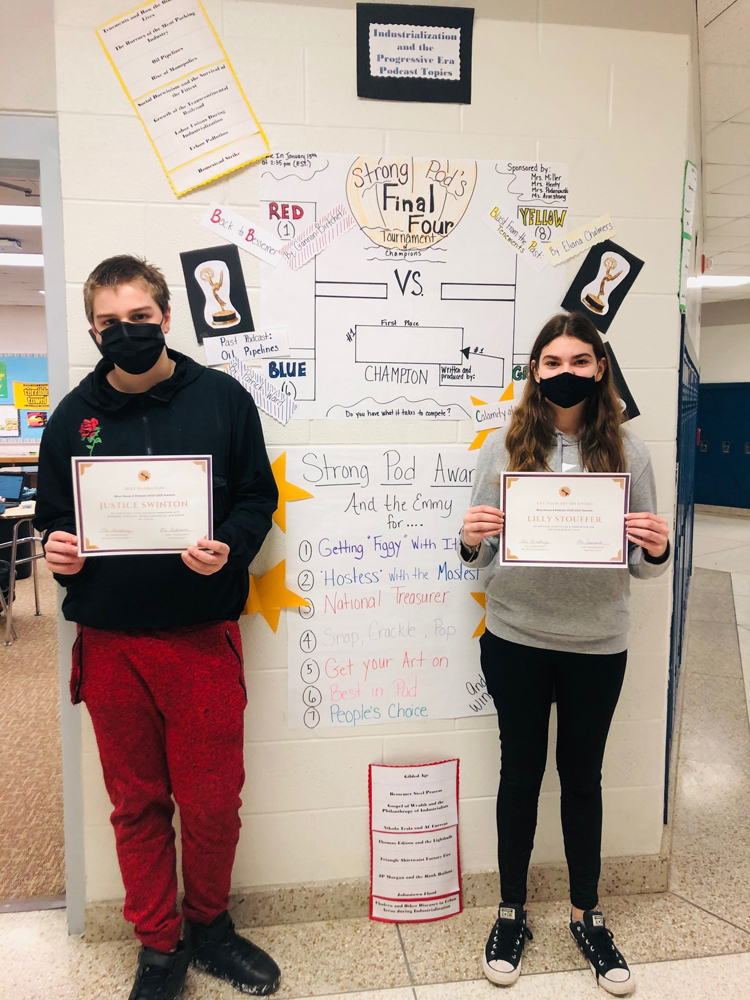
Eighth-graders at Churchville-Chili Middle School recently completed what is usually a standard social studies unit on the Industrial Revolution in America. Their educational experience was far different than what students may have had in the past, however. Social studies teacher Katie Armstrong, along with ELA teacher Jen Podanowski and math teacher Natalie Henty, created a multidisciplinary program that combined the three subjects, making the Industrial Revolution relevant and exciting for 21st-century learners. A true co-teaching experience was crafted using Zoom distance learning technology to run classes simultaneously. This enabled students to engage from their separate classrooms and from many remote locations.
After an overview of the history, students were invited to choose a topic and go deep into it with research. They were then challenged to create unique history podcasts featuring Progressive Era subjects like early 20th-century tenements, the Gospel of Wealth, the Triangle Shirtwaist Factory fire, and the Bessemer steel process. Students used research and critical thinking skills to become experts in each area. They organized their thoughts and wrote concise scripts that made the history accessible and easy to understand. A contemporary connection was included, demonstrating how their featured event remains important in today’s world.
Each student designed a rationale and title art for their podcast program, including names like the Past Podcast, Blast from the Past, and The Total Outcast. As host and narrator, each developed their own absorbing presentation style. Then they recorded and edited their three- to 10-minute audio podcast episodes. Some even included a guest host to make things more interesting. Almost 100 students created original podcast episodes.
Many students felt that the project didn’t seem like work. Cameron Cohen said, “I enjoyed the learning aspect of the project. I learned things about the light bulb and its progression through history that I never knew before.” Jordan Cope said, “There were no limits for what we could use or how the editing was to be done. That made everyone’s podcast very unique. It was interesting learning how to make a podcast without anybody else’s ideas, and get creative.” Jenjira Pellett said, “I enjoyed recording my podcast and adding the sound effects and music. I felt like these aspects really brought all of my hard work to life.”
After completion, students listened, learned from, and critiqued each other’s podcasts on theme, narration, and hosting. Student Juanita Bishop said, “I enjoyed recording my podcast and then listening to all the others. It made me realize what I needed to do different for next time.”
Students then used grade-level math concepts to collect and analyze their scoring data, exploring how different types of charts and graphs could be used to represent the findings and determine conclusions. Students learned to recognize the potential for bias in voting and strategies for avoiding it. The winning podcasts were recognized with awards at the end of the project.
Provided information and photos
